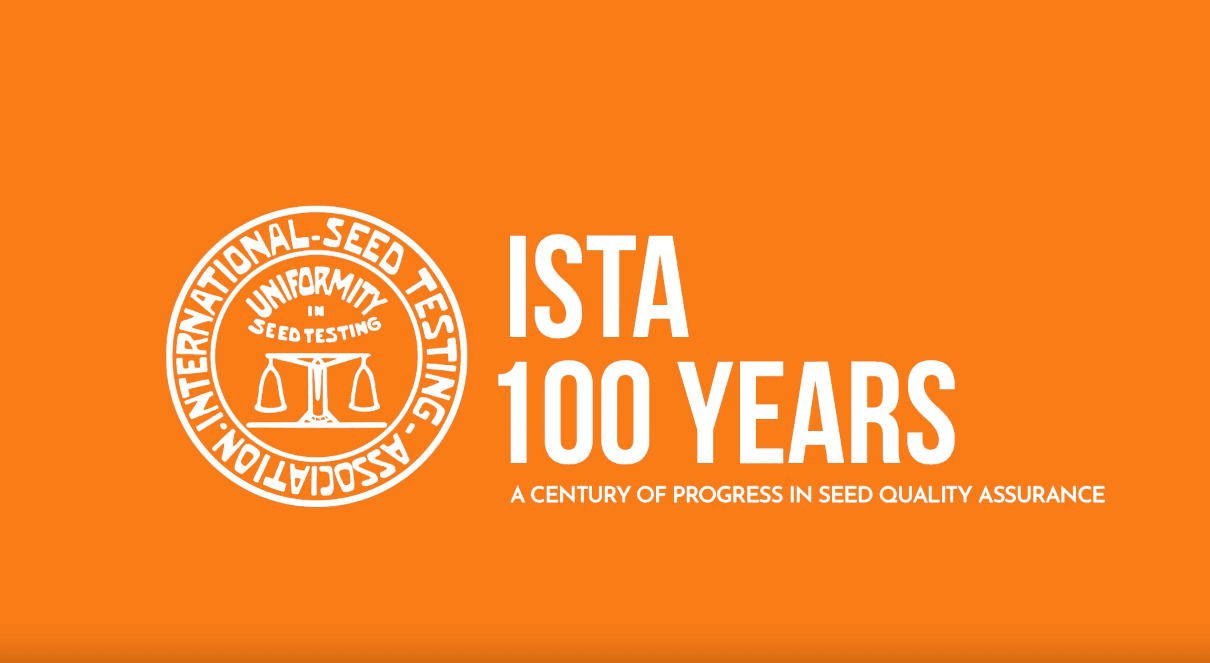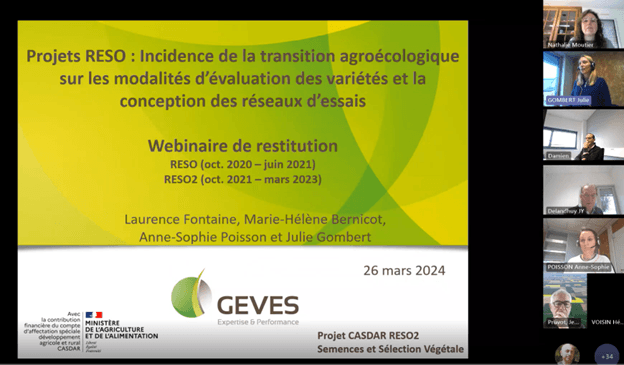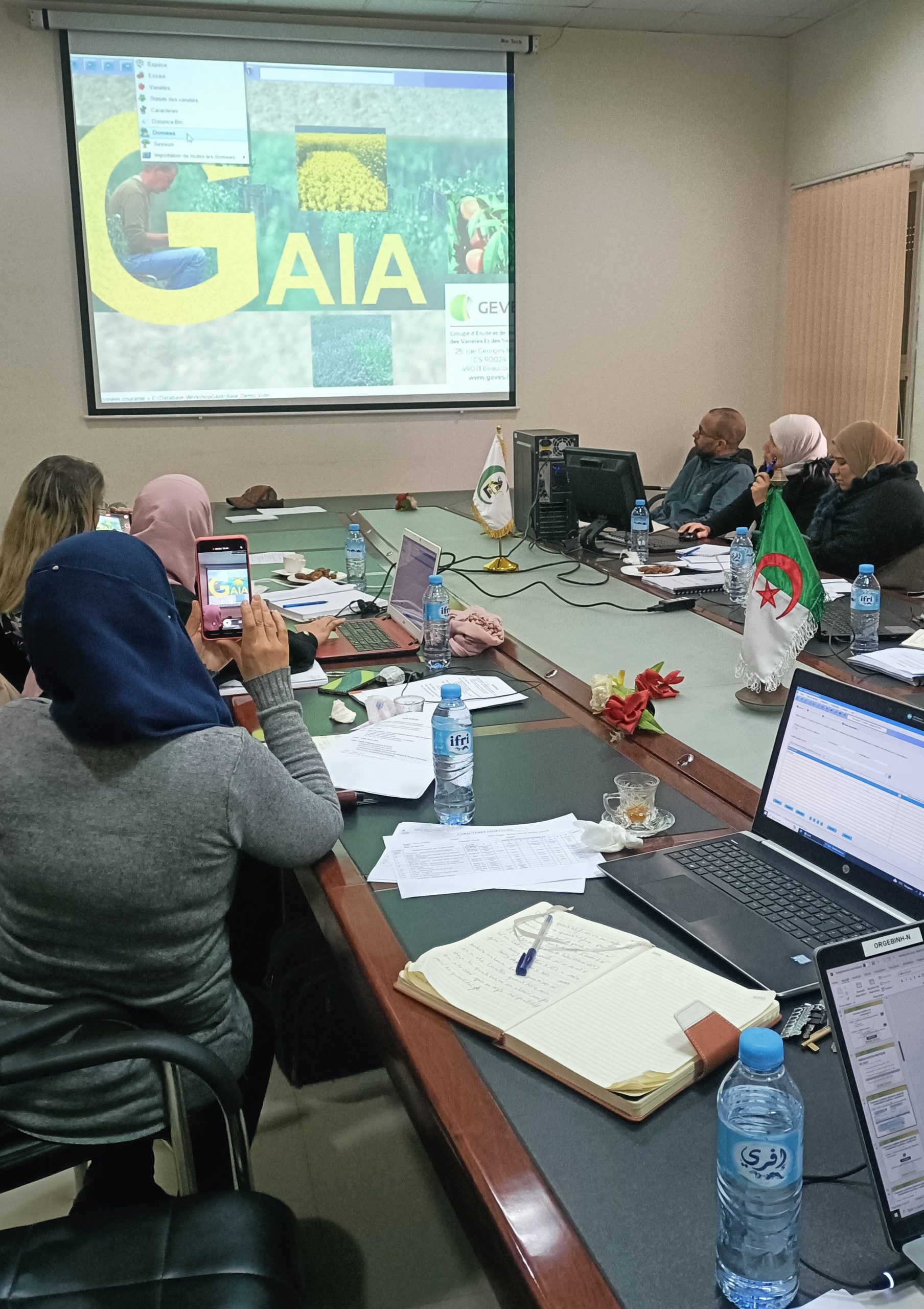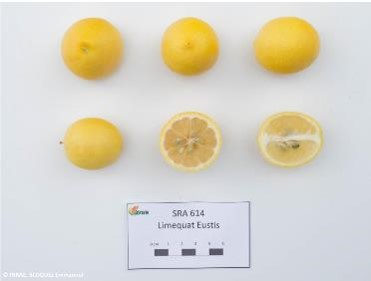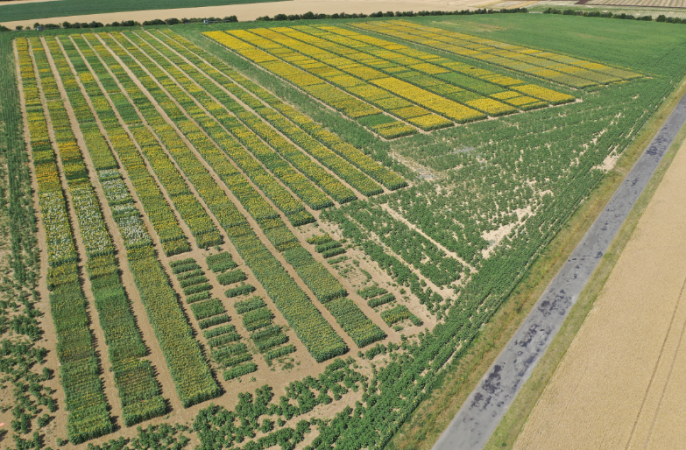
Soybean and sunflower double-cropping: a key role in promoting agroecology
At the beginning of 2020, the INRAe Experimental Unit for Field Crops of Auzeville (UE GCA), in collaboration with stakeholders in the soybean and sunflower sectors, launched the IPHARD project, a project granted by the CASDAR “Seeds and Plant Breeding” call for projects. This project aims to contribute to the development of varieties that are compatible with the challenges of more sustainable agricultural and food systems in the future, namely the diversification of cropping systems for the agricultural sectors in south-western France and the production of proteins for human food.
This project studies crops of soybean and sunflower genetic resources in relay and catch crops with technological monitoring of agronomic indicators, particularly by drones and Phenomobile. The aim is to sow soybean in a straw cereal (barley or wheat) for relay cropping and to plant sunflower following a protein crop (peas) for catch crops and to evaluate the results. Results are expected by 2024.
Alongside the UE GCA and other partners in the oilseed sector (from genetic resources to production for consumption), GEVES will be responsible for providing all available data on soybean and sunflower varieties listed in the French Catalogue in order to identify different ideotypes and test them in these specific agronomic practices. At the end of this project, the evaluation of tomorrow’s varieties in the context of registration could include the methodological advances made by this project.

